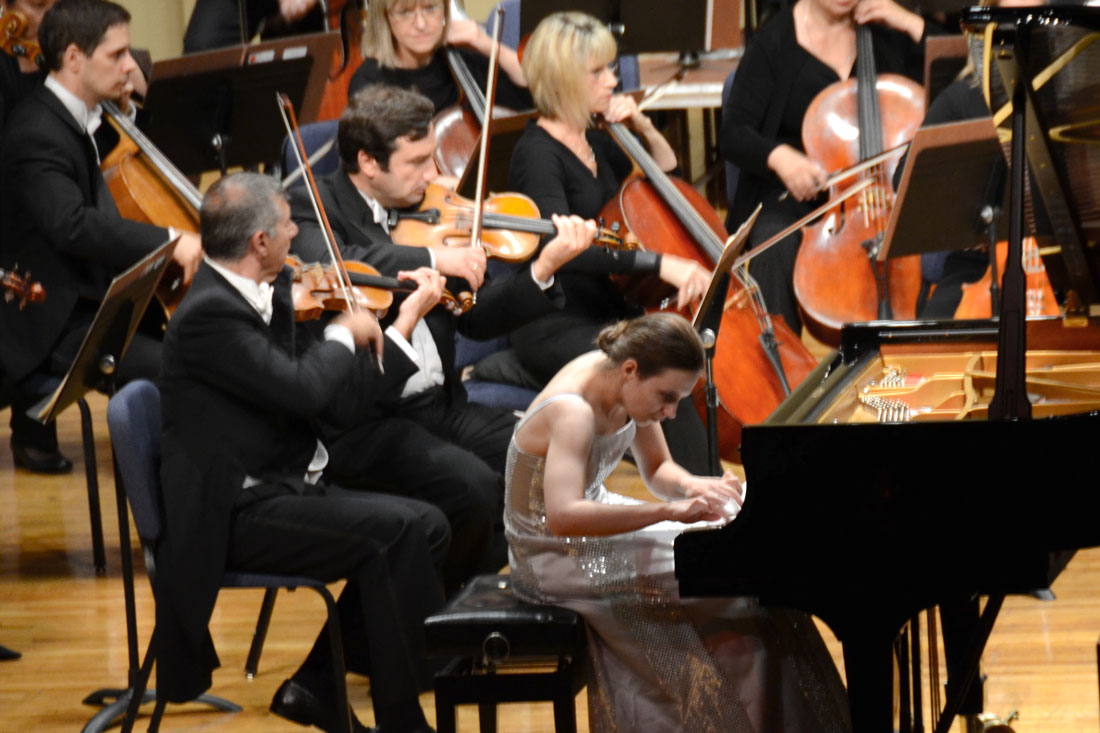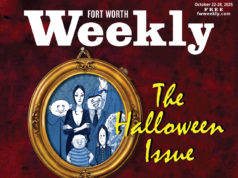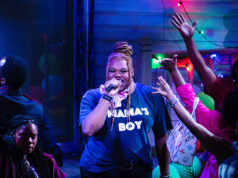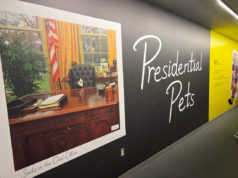Every summer TCU’s PianoTexas Festival shows off brilliant young talent in two concerto programs in Ed Landreth Auditorium accompanied by the Fort Worth Symphony Orchestra. Six pianists, three per program, are selected by festival faculty as best of the year from the 24 musicians attending the four-week workshop. (Eighty-seven pianists from around the world originally applied for the 24 openings.)
This year’s standout was a 22-year-old Chinese undergraduate from the Juilliard School, Jiayan Sun, who gave a captivating performance of the Beethoven Fourth Piano Concerto; beautiful sound from whispers to full-out forte, never overstepping the bounds of early-19th-century style, and filled with musical insights beyond his years. He seemed totally immersed in the music, giving a performance that would be at home on any international stage.
Sun appeared on a program that might have been subtitled “everyone’s favorites” that included performances of the Schumann and Mendelssohn first piano concertos in addition to his Beethoven.
Cheng Zhang made his fourth appearance here in as many years. He has given memorable Beethoven performances in the past, and this year he tried his wings with the Schumann A minor Concerto. It was a personal, introspective look at the music that we’ve come to expect from the 23-year-old musician –– he also burrows deeply into a piece to find its poetic depths, and there is a unique energy to his playing that carries everything before it.
Xuesha Hu, also from China and at 19 the youngest performer this year, played the Mendelssohn Concerto, and her youth did intrude. She didn’t seem at home in the style — it’s all nimble fingers and singing phrases, which she has, but I felt at times she was trying to take the music into a grander Romantic world in which it didn’t fit.
The FWSO under guest conductor Leon Fleisher sounded brilliant in the Beethoven Concerto but under-rehearsed and at times undernourished in the Schumann and Mendelssohn concertos.
The second program featured the first three Prokofiev concertos, which was pretty heavy sledding all in one night, but the small audience seemed enthusiastic.
Outstanding was Russian pianist Anna Bulkina, at 25 one of the oldest performers (the cutoff age for the workshop is 27). She has given mature, compelling performances of the Schumann and Beethoven third concertos in previous appearances here, but nothing suggested the fierceness she would bring to the Prokofiev Second Concerto. She walked on stage in a handsome silver gown sewn with crystals that glittered as she moved, sat down, and gave a muscular, in-your-face performance whose power lit up the hall. Even the insanely intense finale gave her no apparent problems.
She took second prize in last year’s Ferruccio Busoni Competition in Italy playing the same work, which makes me wonder what could have topped it. Her sound was harsh at times, and some of the rapid repetitions sounded mechanical. However, one could argue this was the composer’s intent. Prokofiev thumbed his nose at early-20th-century conventions and created his own rugged landscape filled with pounding, dissonant chords and runaway finger work.
This was particularly true of the First Concerto, played here by 25-year-old Evan Mitchell, who brought a playful feeling to the last movement, and handled the brutal octave passages with ease. His sound tended to be bright, even brittle at times, but the fingerwork was amazing. The composer’s piano music had mellowed by the Third Concerto, and more lyricism crept in. (Wisps of melodies here showed up later in his ballet music for Romeo and Juliet.) Alan Woo, at 20 the youngest of the night’s pianists, had the most attractive sound of the evening: fuller, mellower and more varied than that of his colleagues. His playing showed musical savvy, too, not usually found at this age, and made you want to hear him in some of the big Romantic works.
Miguel Harth-Bedoya, the Fort Worth Symphony’s regular conductor, led the group in accompanying the Prokofiev concertos, and his sensitivity in working with young musicians was remarkable. There’s no trickier music to hold together in the piano repertory than Prokofiev, and he was there for the soloists at every moment.
Next year Harth-Bedoya will join the ranks of successful conductors who serve in two posts, when he becomes chief conductor of the Oslo Radio Symphony. In a recent phone conversation he indicated it would be an eight-week assignment “but not as demanding as a music director,” requiring only rehearsals and concerts and easily sandwiched into his regular schedule. This week Harth-Bedoya is taking part in the Music Festival at Tanglewood, Mass., coaching young conductors and leading the Boston Symphony, interestingly, in the Prokofiev ballet music for Romeo and Juliet.
The number of Chinese students in the workshop reflects TCU’s Dr. Tamás Ungár’s worldwide participation in similar workshops, including the Beijing International Piano Festival, which he founded in 2006 with the blessing of the Chinese government. Each summer he is part of festivals in Hungary and Italy and this year adds the Banff Festival in Canada and one in the southern seacoast city of Qindau, China. He has been director of TCU’s PianoTexas since founding it 31 years ago.












